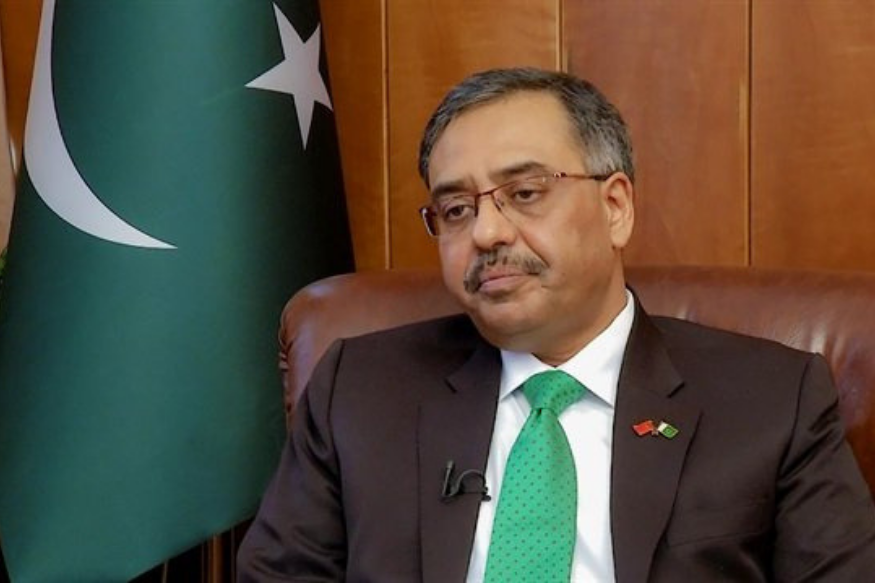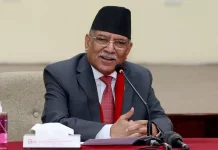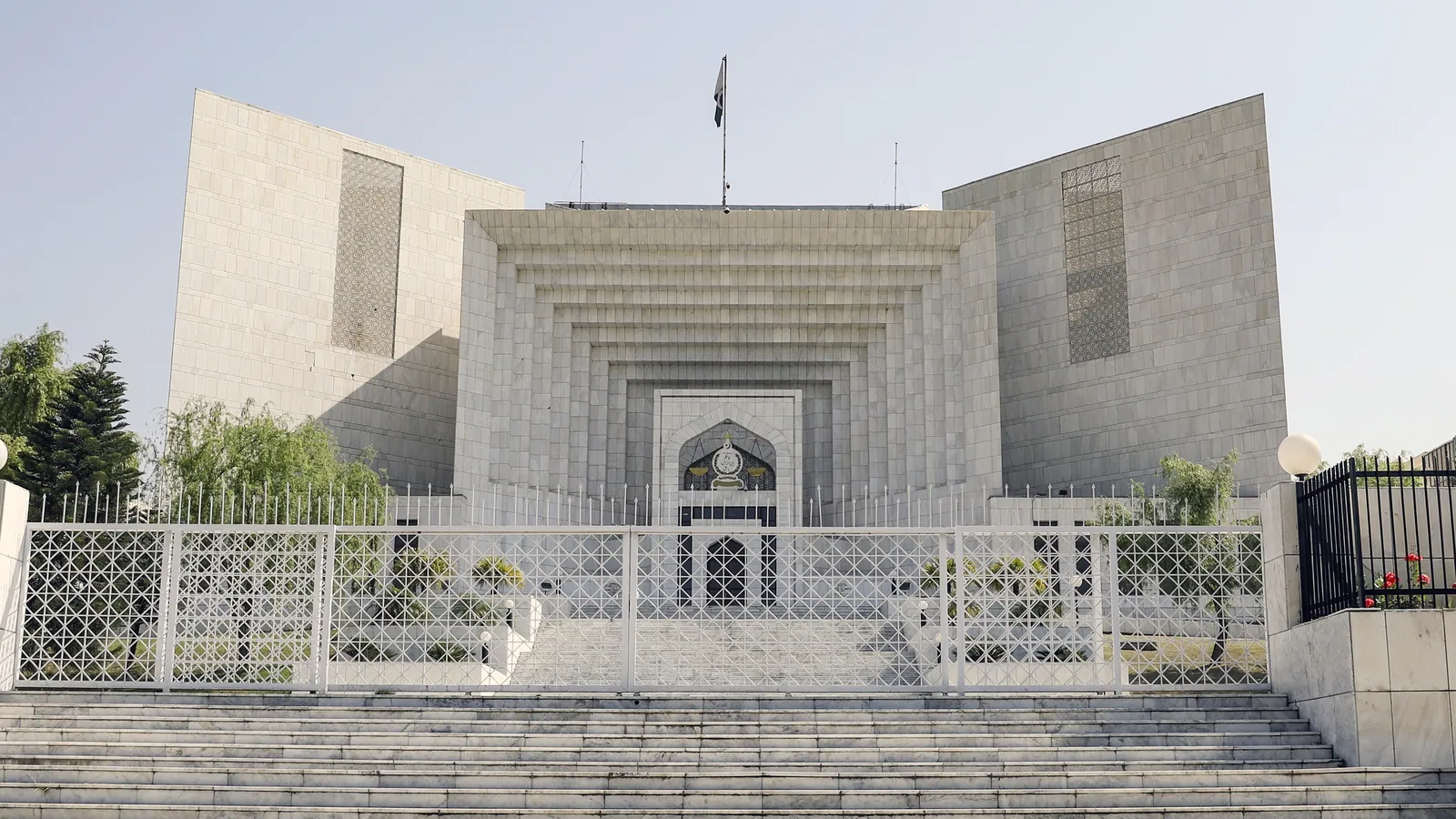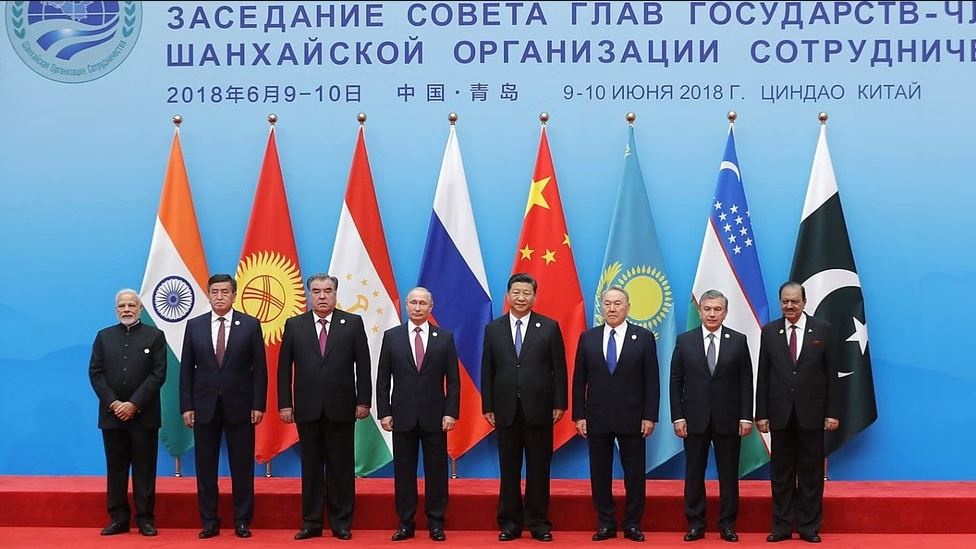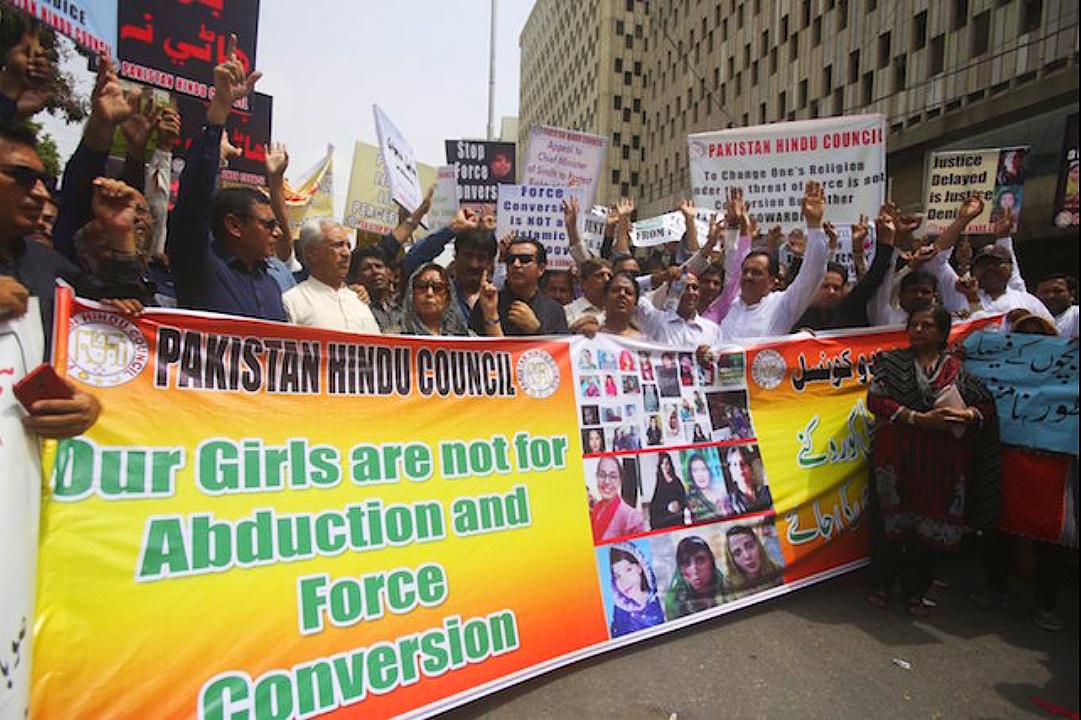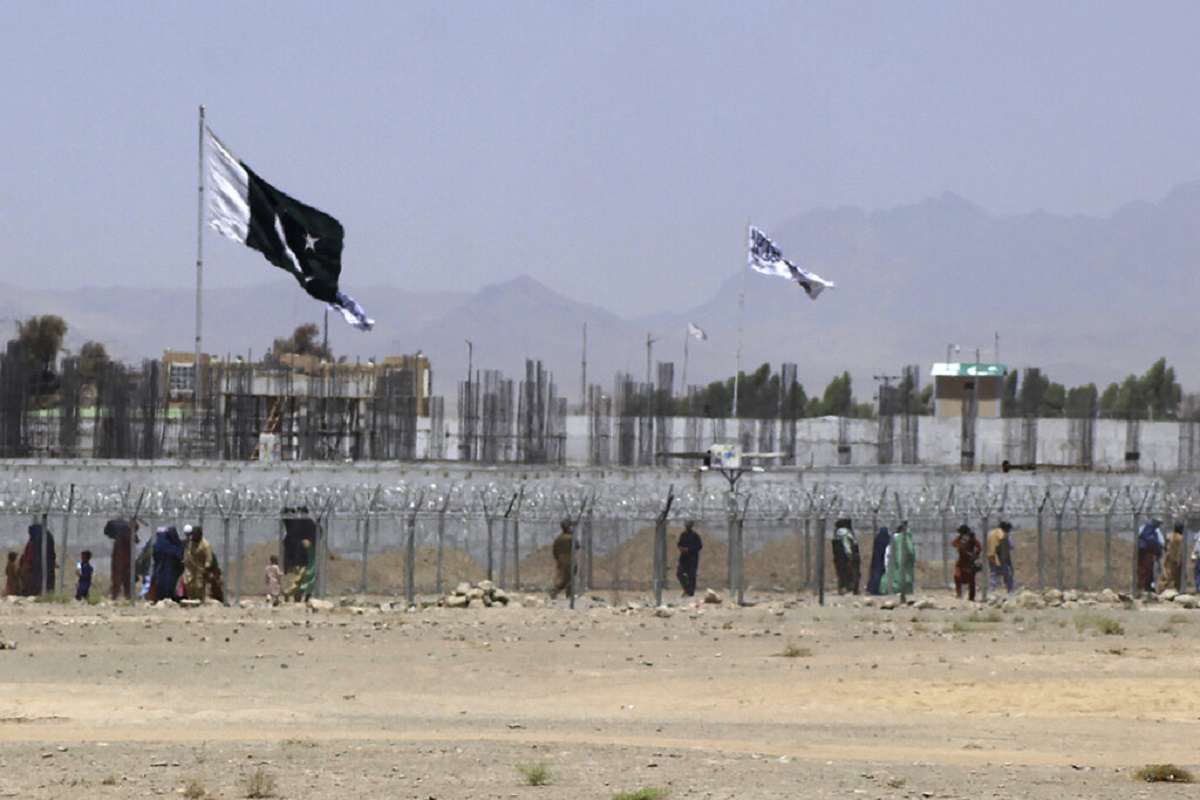NEW DELHI: Pakistan and India need to consolidate the process of de-escalation and stabilise the ties against further shocks, Pakistani envoy Sohail Mahmood said Friday, hoping that the “long winter” in bilateral relations would come to an early end.
In an address at a reception here on the eve of Pakistan’s National Day, he said both the countries should act with “wisdom” to normalise ties, asserting that “coercive measures” have not worked in the past and will not work in the future.
The envoy said a key takeaway from recent developments was that a lack of engagement creates “dangerous vacuum and serious risks” for relations between the two neighbours, adding Pakistan has “turned a corner” in its fight against the scourge of terrorism.
Mahmood said diplomacy and dialogue remained indispensable for enhancing mutual understanding, mutual concerns, and resolving long-standing disputes, including Jammu and Kashmir.
“As we limp back from the brink, we must make sure that we act with wisdom to find a way forward — for our countries, and for our peoples,” he said.
He said the release of Wing Commander Abhinandan Varthaman, return of the two High Commissioners to their respective missions, and bilateral meetings on the Kartarpur Corridor “are steps in a positive direction”.
“There is, however, still the need to reassure concerned citizens in both countries, to consolidate the process of de-escalation, and to stabilize the ties against further shocks,” he added.
The Pakistan envoy said his government is taking steps against terror groups, adding, “There is a real transformation underway in Pakistan.”
“We do hope the long winter in India-Pakistan relations would come to an early end,” he said.
“The founding fathers of Pakistan and India had envisaged amicable relations between the two countries. However, the relationship has remained challenged, for most part of our history as free nations. In particular, the two countries passed through a very difficult time recently,” he said.
A relationship based on sovereign equality, mutual respect and mutual interest is the best guarantee for a peaceful and prosperous future, the envoy said.
People of goodwill must continue to work for a new spring in the relationship — one that enables the two countries’ teeming youth to fulfil their aspirations, and the two nations to achieve their optimal potential, Mahmood said.
“South Asia, our common home, must march forward with stable peace, equal security and shared prosperity. We must remember that, ultimately, hope always triumphs over fear,” he said.
Tensions between India and Pakistan escalated after Indian Air Force fighter jets bombed terror group JeM’s training camp near Balakot deep inside Pakistan on February 26.
Pakistan retaliated by attempting to target Indian military installations the next day. However, the IAF thwarted their plans.
The Indian strike on the JeM camp came 12 days after the terror outfit claimed responsibility for a suicide attack on a CRPF convoy in Jammu and Kashmir’s Pulwama in which 40 soldiers were killed. PTI

